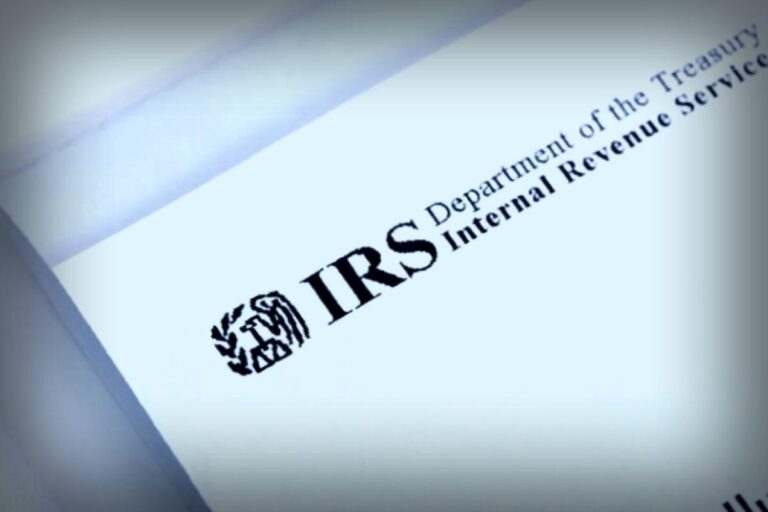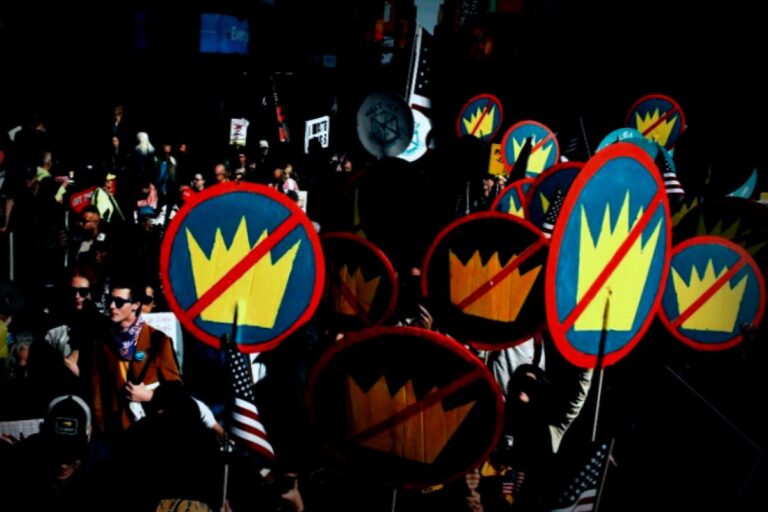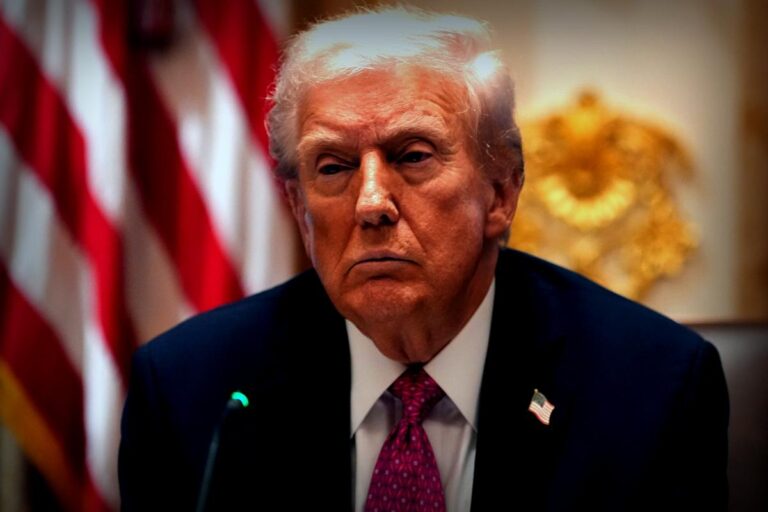Thailand and Cambodia have officially agreed to an “immediate and unconditional” ceasefire, bringing an end to their deadliest clash in the last decade. This deal comes after five intense days of fighting.
The Malaysian Prime Minister, Anwar Ibrahim, played a crucial role in mediating talks between Hun Manet, the Cambodian leader, and Phumtham Wechayachai, the acting Thai premier. They announced that the truce would go into effect at midnight on Tuesday.
During a joint press conference where they celebrated the agreement, both leaders shared a handclasp, symbolizing their commitment to peace.
Hun Manet expressed hope that this agreement would pave the way for hundreds of thousands of affected citizens to return to their normal lives. “We had productive discussions today,” he remarked, emphasizing the urgency to halt the violence that has resulted in numerous casualties and extensive displacement.
He further noted, “We aspire that this ceasefire lays the groundwork for advancing our discussions to restore diplomatic normalcy and strengthen future peace efforts.”
In his comments, Wechayachai assured that Thailand is engaging in the ceasefire with goodwill, reaffirming their dedication to sustaining peace with Cambodia.
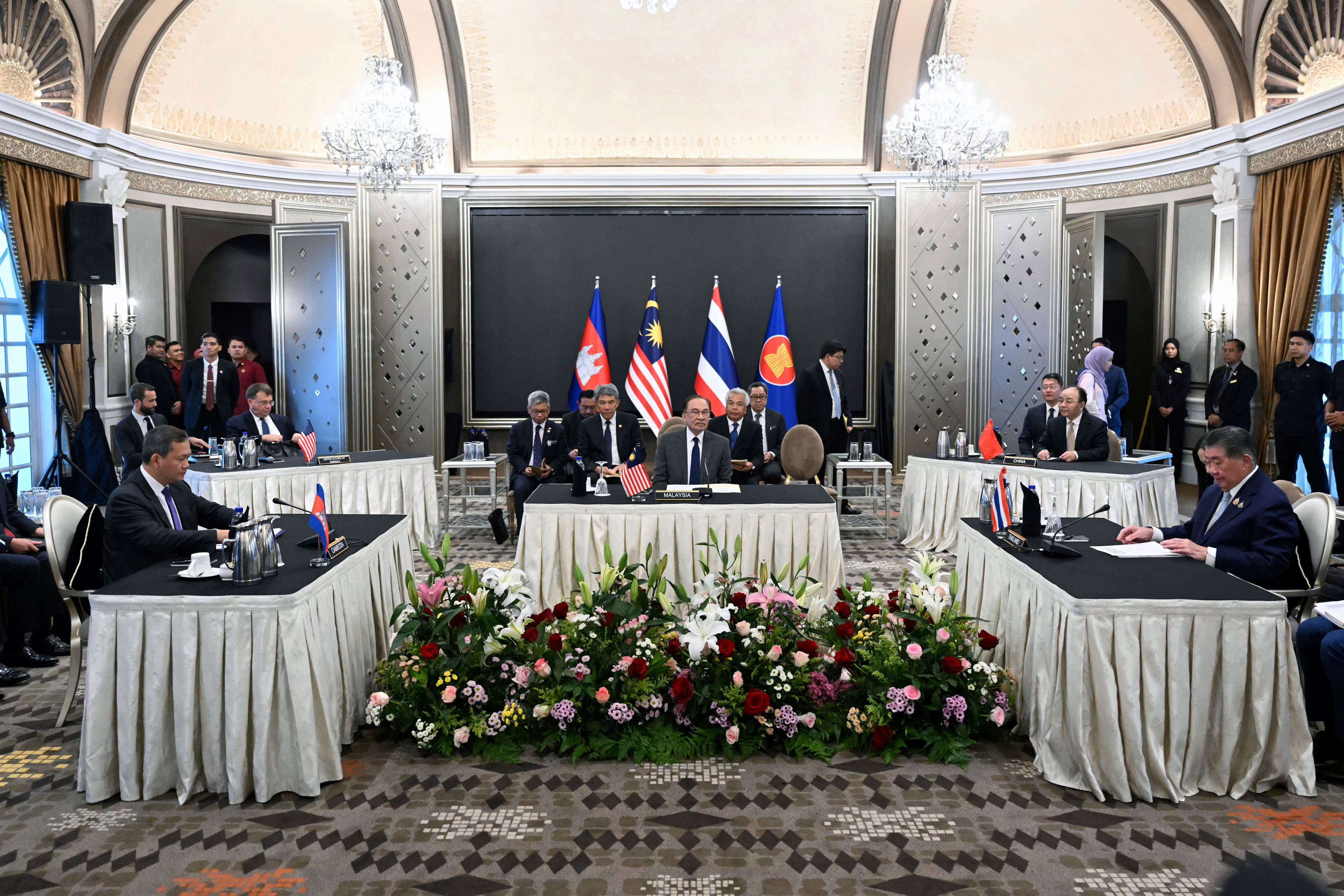
As the current chair of the ASEAN regional group, Anwar facilitated this critical negotiation, which also attracted the attention of envoys from both Washington and Beijing.
These talks represent the first official communication between the two Southeast Asian nations since the onset of the conflict on July 24, which claimed at least 35 lives and forced over 200,000 individuals to flee near the disputed 800 km border.
During the fighting, both sides utilized heavy artillery and air strikes, blaming each other for initiating the conflict.
The newly established ceasefire entails a commitment from both governments to re-establish direct communication channels, involving foreign and defense ministers.
Additionally, a press release from the talks mandates the defense and foreign ministers of Malaysia, Cambodia, and Thailand to devise a “detailed mechanism” to supervise the ceasefire’s implementation and verification.
Both countries’ military leaderships are set to convene an “informal meeting” at 7 AM on Tuesday.
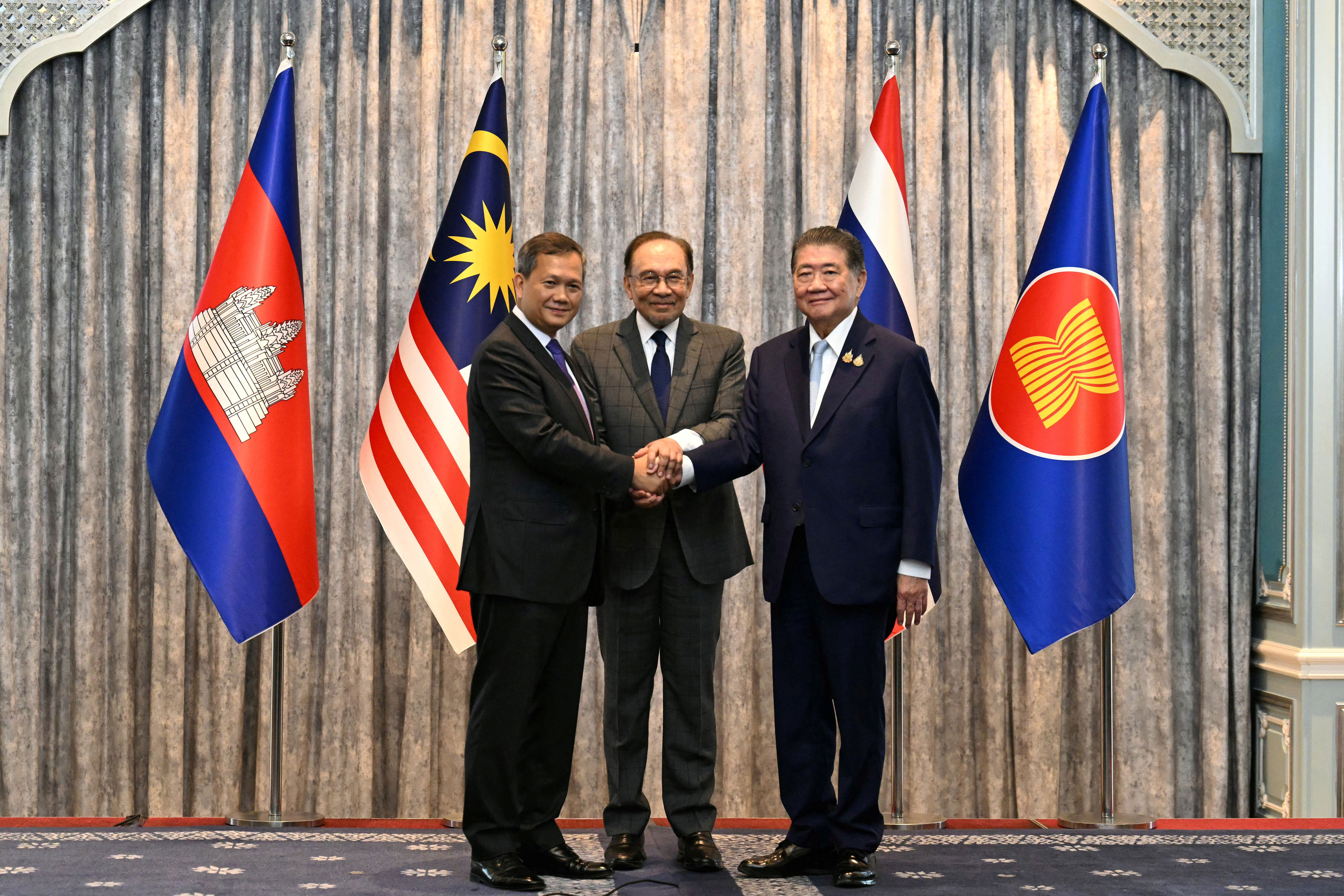
The agreement came swiftly after President Donald Trump indicated he had warned both countries about potential tariffs as a leverage to initiate peace talks and cease fighting.
While Thailand initially resisted outside mediation, Trump communicated directly with both prime ministers, asserting, “No trade deal will prevail unless you resolve the conflict.” His calls were made during a recent trip to Scotland.
Cambodia showed openness to an unconditional ceasefire, whereas Thailand insisted on a demonstration of “sincere intent” from Cambodia, pushing for troop withdrawals and a halt to hostile actions.
Given the U.S.’s significant role in Thailand’s economy, Bangkok has tried to navigate Mr. Trump’s policies carefully, especially in light of the newly instituted 36% import tariff.
Thailand has been negotiating trade terms with the U.S. lately, aiming to provide expanded access for American products to alleviate a $46 billion trade surplus.
In comparison, neighboring nations like Indonesia, Vietnam, and the Philippines have already solidified trade agreements with the U.S.
Trump previously claimed he had successfully applied pressure on India and Pakistan using tariff threats to resolve their brief military skirmish in May. This claim is contested by New Delhi, yet acknowledged by Islamabad.






